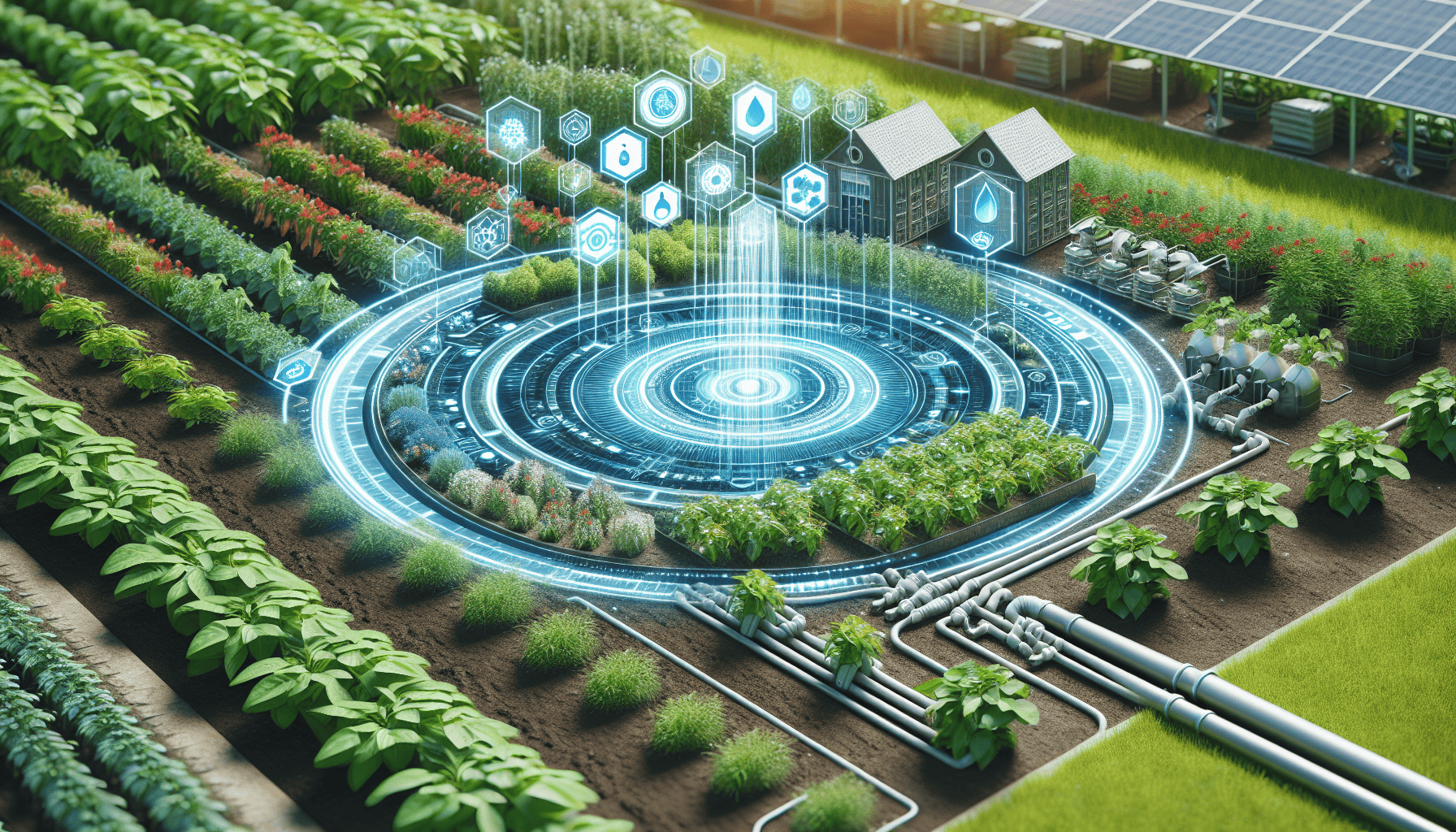In an era where climate change and population growth are exerting unprecedented pressure on the planet’s water resources, the significance of water conservation cannot be understated. Efficient water use and sustainable practices not only help in preserving vital natural resources, but they also play a critical role in ensuring the availability of clean water for future generations. Innovative water conservation solutions are at the forefront of these efforts, offering strategic ways to manage water use more efficiently and sustainably.
One of the primary solutions in water conservation is the adoption of water-efficient technologies. Innovations such as low-flow fixtures, dual-flush toilets, and smart irrigation systems can dramatically reduce water usage in both residential and commercial settings. These technologies are designed to minimize water wastage by controlling the amount used and ensuring that every drop counts. By integrating these tools into daily routines, communities can significantly reduce their overall water consumption without sacrificing convenience or functionality.
Rainwater harvesting represents another compelling solution in the quest for water conservation. This age-old practice involves capturing and storing rainwater for later use, helping to mitigate demand on traditional water supplies. Rainwater can be used for a variety of purposes, including irrigation, toilet flushing, and even potable use when properly treated. By tapping into this natural water source, communities not only reduce their dependency on municipal water systems but also decrease the strain on local water bodies and aquifers.
Greywater recycling is an increasingly popular method for water conservation, wherein wastewater from baths, sinks, washing machines, and other kitchen appliances is collected and treated for reuse. This practice reduces the demand for fresh water by repurposing water that would otherwise go to waste. Greywater systems can irrigate landscapes, flush toilets, and, with the appropriate treatment, even augment potable water supplies. Implementing greywater systems not only conserves water but also reduces wastewater discharge, contributing to environmental sustainability.
Educating communities about water conservation is crucial for ensuring long-term success. Awareness programs and initiatives can empower individuals and organizations to make informed decisions about their water use. Instilling a culture of conservation involves encouraging simple yet effective habits, such as fixing leaks promptly, installing water-saving devices, and opting for drought-resistant plant species in landscaping. Education campaigns can also highlight the broader impact of water conservation on ecosystems and communities, creating a compelling incentive for change.
Policy and regulation play vital roles in promoting water conservation. Governments and local authorities can enact laws and guidelines that mandate efficient water use in new developments, encourage retrofitting of older buildings, and support water conservation technologies through subsidies and incentives. Strategic water management plans that address local conditions and needs are essential in guiding both the public and private sectors towards sustainable water use.
Ultimately, achieving long-term water sustainability requires a combined effort. By adopting innovative technologies, implementing efficient practices, and fostering a culture of conservation, communities can ensure a secure water future. As awareness around the importance of water conservation grows, it becomes increasingly possible to protect and preserve this precious resource, ensuring its availability for generations to come.
